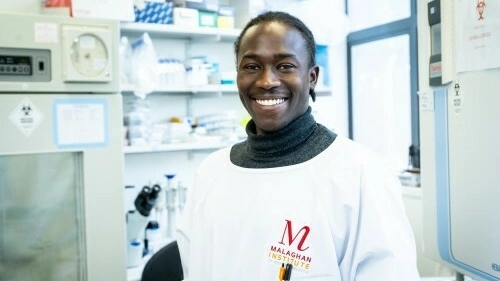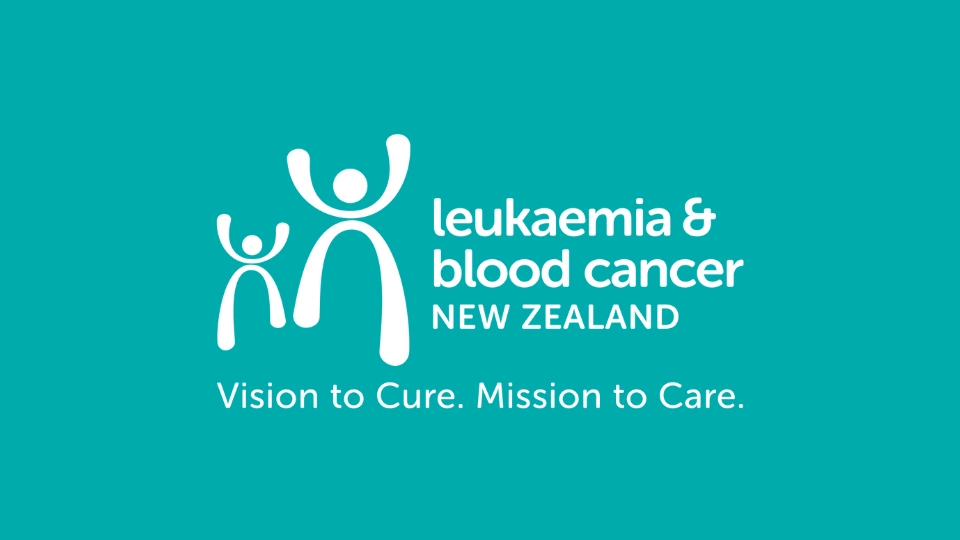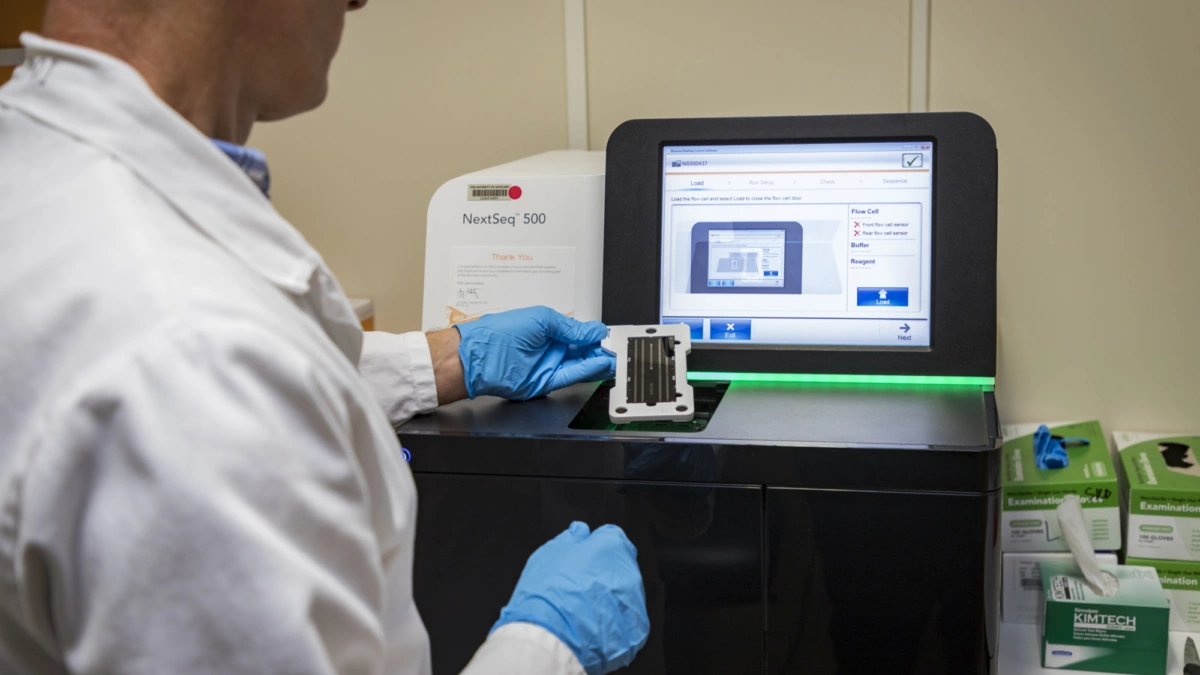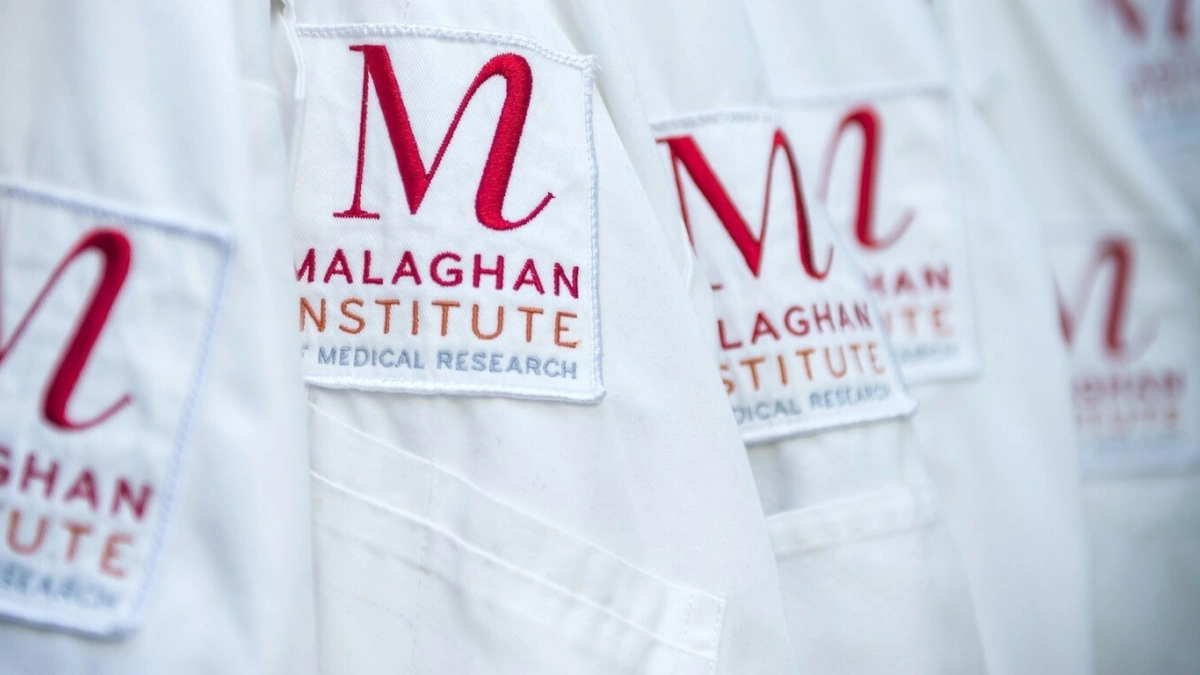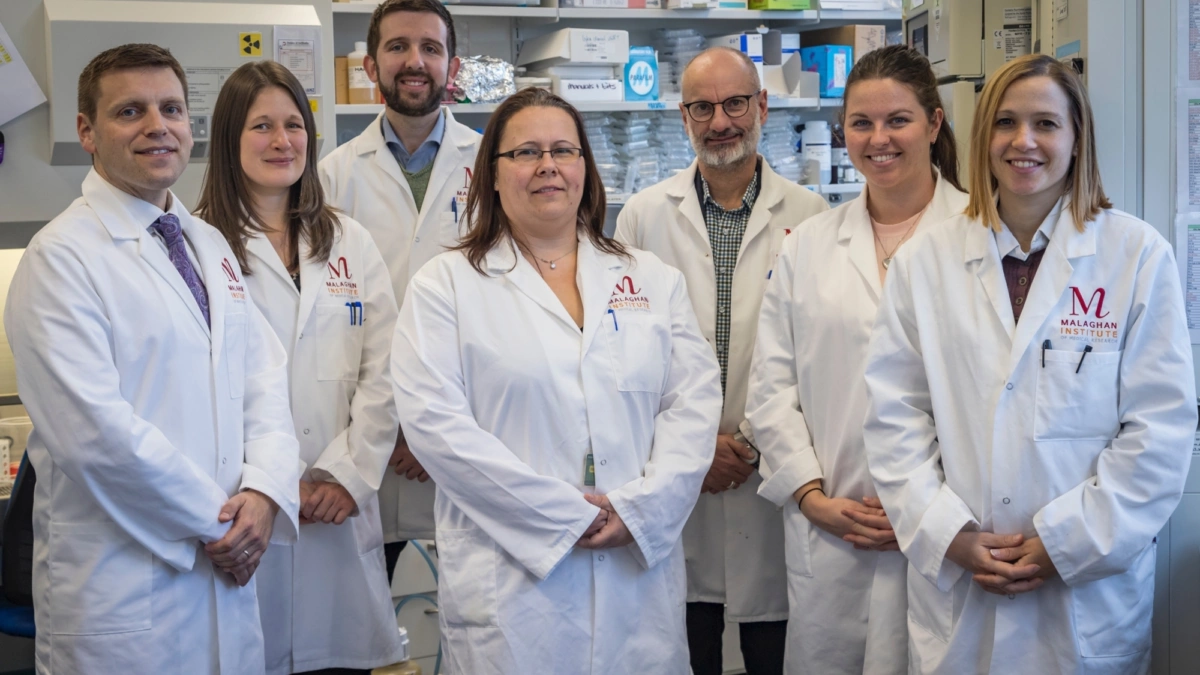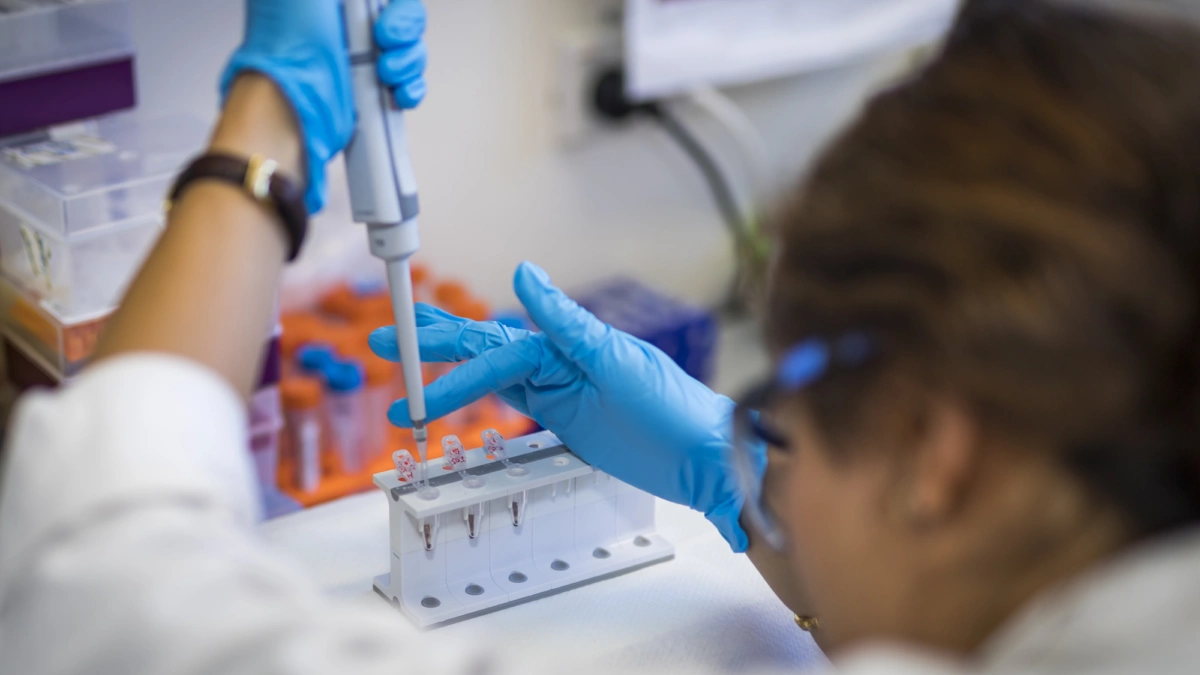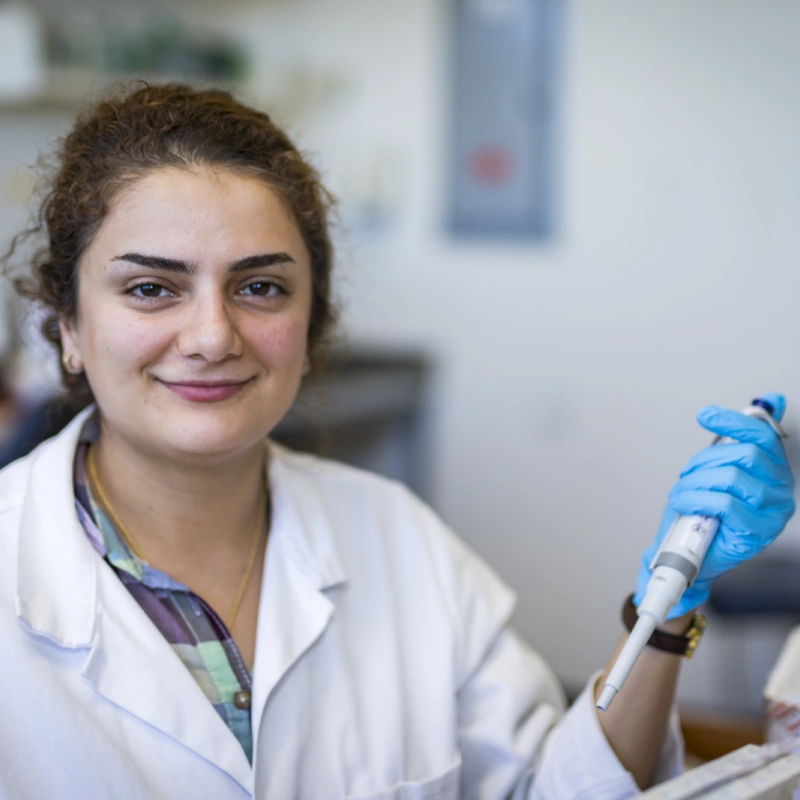
The blood cancer research unit

In 2013, a collaboration between Leukaemia & Blood Cancer NZ and the University of Auckland opened the Leukaemia & Blood Cancer Research Unit (LBCRU) within the university’s Faculty of Medical and Health Sciences.
We made an initial financial commitment of $1.25M and have continued to support the targeted and innovative research undertaken at the unit.
LBCRU focuses on two main areas:
- Personalised medicine for blood cancer patients
- Mouse and zebrafish blood cancer models to understand cancer better and to develop novel therapies
In just a few years, significant research has already been undertaken, including developing a gene panel for testing acute myeloid leukaemia (AML). As a result, all adult patients in Auckland with newly diagnosed and relapsed AML now have samples collected for DNA analysis. It is the hope to roll this myeloid gene panel out to all blood cancer patients across the country.

